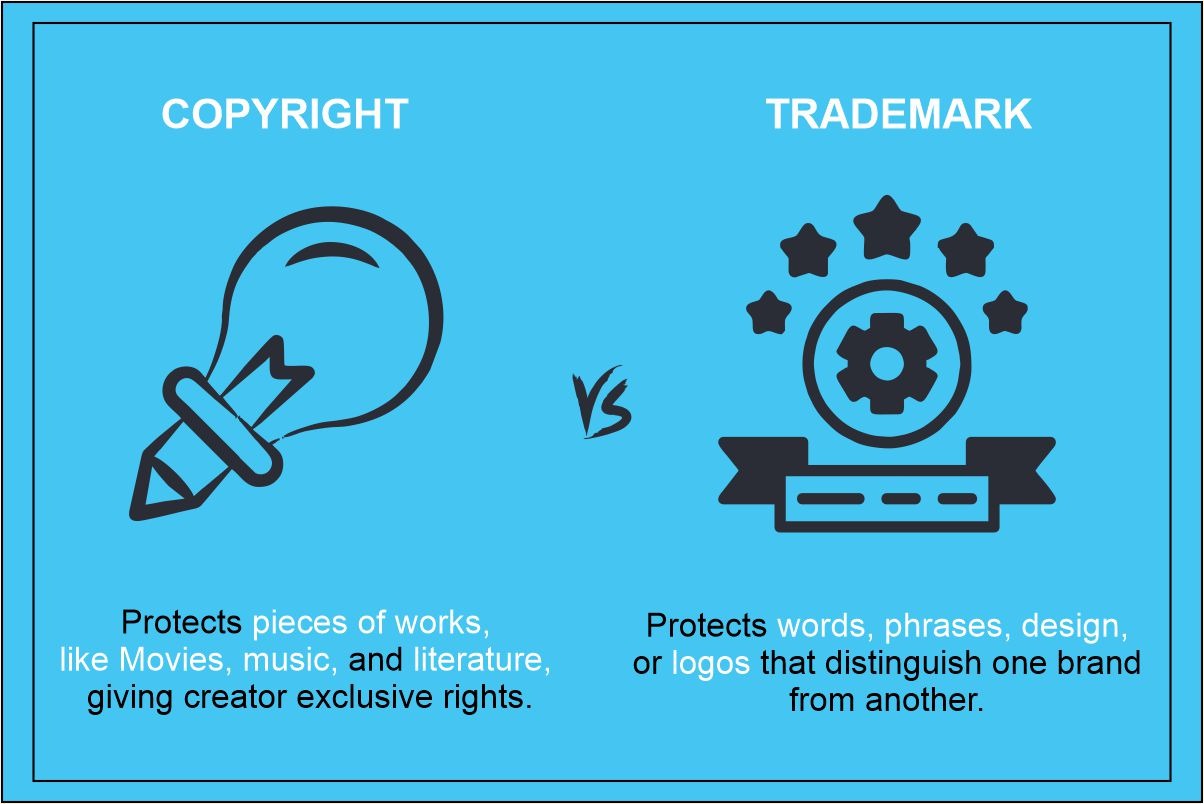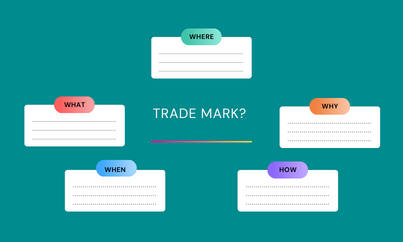The legal ownership of intangible assets, such as inventions, literary and artistic works, designs, symbols,…

Whether Copyright Is Assignable Right?
Moral rights are conceptualized as legal recognition of an author’s special relationship with his work or creation. The main objective of moral rights is to protect the author from suffering the consequences of moral, intellectual, or spiritual harassment.
Copyright is a legal concept that provides the creator of an original work with exclusive rights to use and distribute that work.
The purpose of copyright protection is to encourage the creation of new works and to safeguard the rights of creators.
In certain cases, the owner of a copyrighted work may opt to transfer those rights to another person or entity. The question then arises as to whether copyright is assignable.
The answer is that copyright is indeed an assignable right. When an author creates an original work, they automatically own the copyright to that work, and they have the exclusive right to use and distribute that work. However, they may choose to assign some or all of those rights to someone else.
Assigning copyright involves the transfer of the original owner’s rights to another party. The transfer can be total or partial, and it can be for a limited or indefinite period.
In most cases, an author assigns their copyright in exchange for some form of compensation, such as a lump-sum payment or ongoing royalties.
The process of assigning a copyright typically involves a legal contract, such as a copyright assignment agreement.
This document lays out the terms of the transfer, including the scope of the rights being transferred and the compensation being paid.
It is important to note that copyright assignment is distinct from copyright licensing.
A license grants permission to someone else to use a copyrighted work, but the original owner retains ownership of the copyright. On the other hand, the assignment involves transferring ownership of the copyright to another party.
There are various reasons why an author may choose to assign their copyright. For example, a songwriter may assign their copyright to a music publisher in exchange for royalties from the sales of their songs.
A photographer may assign their copyright to a stock photo agency in exchange for a lump sum payment.
However, it is crucial to consider the potential positive and negative outcomes of copyright assignments. On the one hand, it can offer an author a source of income from their work without the need to manage the distribution and licensing themselves.
On the other hand, once copyright is assigned, the original owner loses control over how their work is used or distributed.
To summarize, copyright is an assignable right. An author has the option of assigning some or all of their rights to someone else, usually in exchange for compensation.
It is crucial to carefully weigh the potential consequences before deciding to assign a copyright, as doing so means giving up control over the work.




This Post Has 0 Comments